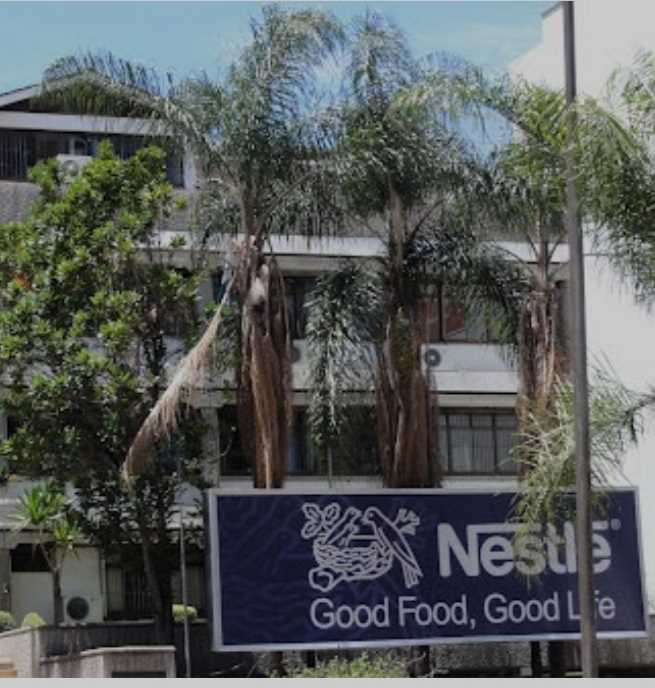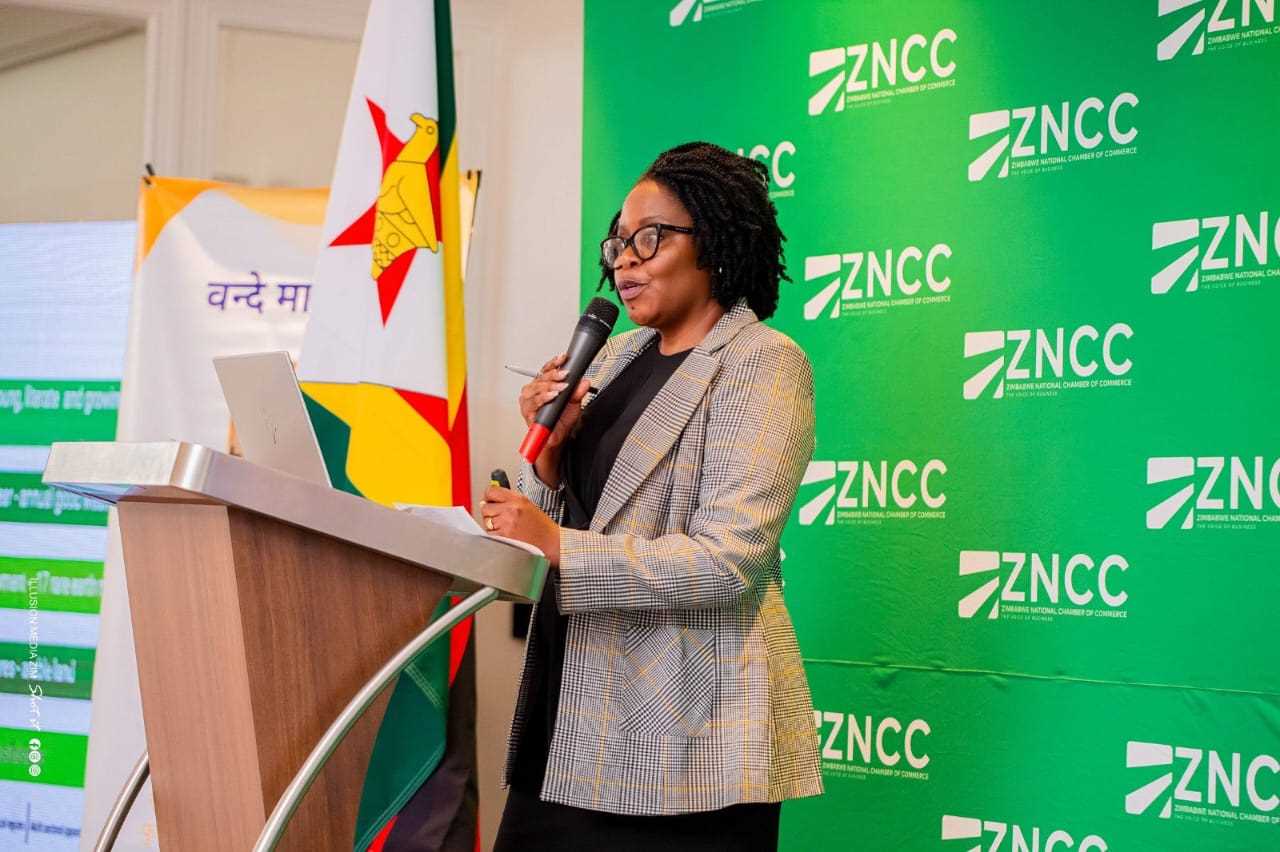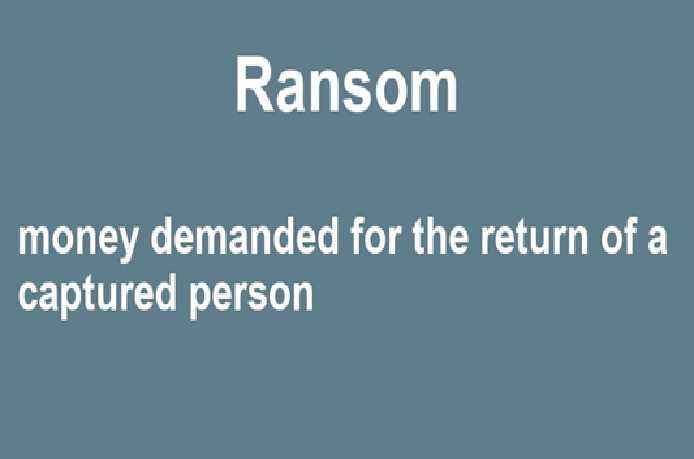
Nyashadzashe Ndoro
Chief Reporter
In a significant tax appeal case, Swiss food company Nestle Zimbabwe has secured a major victory against the Zimbabwe Revenue Authority, with the court ruling in favor of the company on several disputed tax deductions totaling US$15.9 million.
Justice Joseph Mafusire ruled in favour of Nestle on several disputed tax deductions, including royalties, shared services, research services, and canteen meals.
The appeal centred on ZIMRA’s disallowance of various expenses claimed by Nestle, totaling US$15.9 million, including a 40% penalty. Nestle argued that these expenses were legitimate and incurred for the production of income, while ZIMRA contended that they were not deductible under the Income Tax Act.
The court disagreed with ZIMRA’s stance, stating that the expenses were “actually incurred” and not necessarily “necessary” for the production of income.
The judge referenced the Port Elizabeth Electric Tramway Co. Case, which widened the field of deductible expenditure to include expenses that may not be necessary but are actually incurred.
“In Port Elizabeth Electric Tramway Co v Commissioner for Inland Revenue [1936] CPD 241 it was held that so long as the liability to pay had actually been incurred it could be deductible even though it may not have been actually paid in that tax year. In CF [Pvt] Ltd v ZRA HH 99-18 the High Court held that the principle derived from the cases from this jurisdiction and abroad is that the unconditional obligation to pay is incurred when the work has been done or the service has been rendered,” the judge stated.
Related Stories
Regarding royalties, the court ruled that Nestle’s Global Licensing Agreement was a legitimate business arrangement, not a tax avoidance scheme. The GLA grants Nestle exclusive rights to manufacture and distribute Nestle products in Zimbabwe, and the company pays royalties of 5% on net sales, reduced to 2% by the Reserve Bank of Zimbabwe.
The court also accepted Nestle’s argument on shared services, stating that there was no duplication of services between Nestle’s local personnel and its affiliates abroad. Ngare, Nestle’s Regional Tax Manager, testified that the services rendered by affiliates were different from those performed by local personnel.
In regards to research services, the court ruled that the fees paid to an affiliate for analytical quality tests were deductible, as they ensured product compliance with specifications and standards.
Furthermore, the court allowed the deduction for canteen meals provided to factory workers, citing the need to minimise business disruption and ensure continuity. The judge referenced another case, which classified canteen meals as a deductible expense.
However, the court dismissed Nestle’s appeal on management services and zone services, stating that the company failed to provide sufficient evidence to support its claims.
The court also set aside the 40% penalty imposed by ZIMRA, finding no evidence of deliberate tax evasion by Nestle. The judge noted that Nestle had achieved substantial success in the appeal and that the penalty was incompetent.
“ZIMRA’s 40% penalty aforesaid has to be set aside in its entirety, not only because the basis of its imposition was incompetent as analysed above, but also that in the present proceedings, Nestle has achieved substantial success.
“Of the six expenditure items in contention, we have held that only two could not genuinely be claimed for deduction. Objectively, no mens rea can be said to have been established to attract the penalty in terms of s 46 of the Act. Whilst both the power to impose the penalty and the extent thereof are matters of discretion for ZRA, in the present case, factors attracting such a penalty being absent, the question of discretion falls away,” Justice Mafusire ruled.
The court allowed Nestle’s appeal in respect of royalties, shared services, research services, canteen meals, and the 40% penalty, while dismissing the appeal on management services and zone services. Each party was ordered to bear their own costs.




















Leave Comments